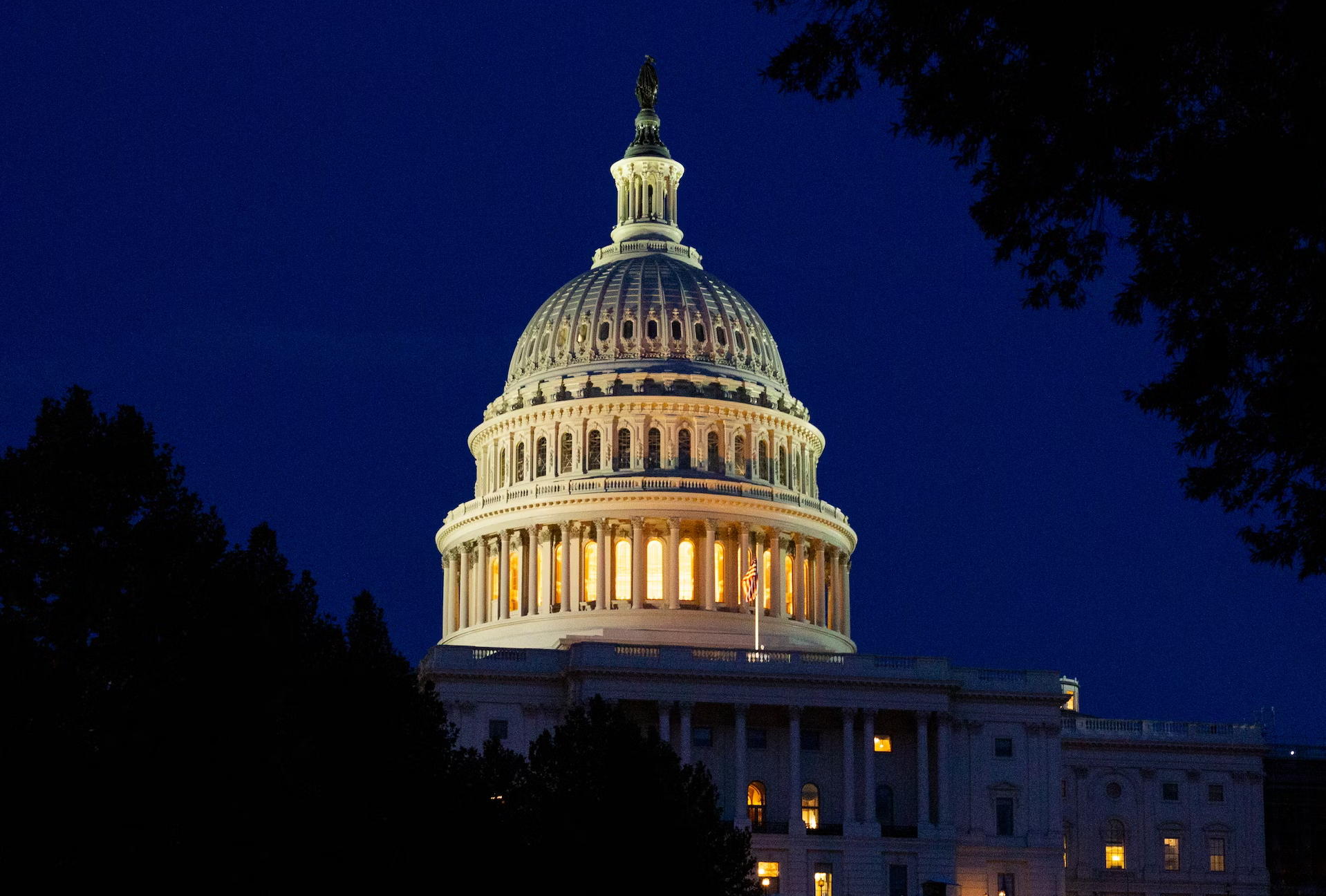The US has awarded a $35 million (£28m) grant to the American subsidiary of UK aerospace firm BAE Systems in the first semiconductor grant under the 2022 Chips and Science Act, as US commerce secretary Gina Raimondo said she expects to make multi-billion-dollar announcements within the next year.
The funding is aimed at helping BAE’s facility in Nashua, New Hampshire, quadruple production of chips used in F-15 and F-35 fighter jets.
Raimondo said at an event in New Hampshire on Monday announcing the grant that it would “set the tone” for the overall chips effort, which she framed as a national security effort.
“We have national security goals and we need to make our investments to hit those goals and we’re going to do that,” she told Reuters.

‘Dangerously reliant’ on Asia
She told the New Hampshire event that the US had become “dangerously reliant” on Asian producers for high-end chips and that with the BAE announcement the US has “started to put the money out the door” to make changes.
She said she expects to make 10 to 12 further announcements within the next year, which would include funding for cutting-edge chip-making facilities in the US and would range from tens of millions of dollars to multi-billion dollar awards that could reshape the US chip production landscape.
“Next year we’ll get into some of the bigger ones with leading-edge fabs,” Raimondo told reporters. “A year from now I think we will have made 10 or 12 similar announcements, some of them multi-billion dollar announcements.”
She said she wants the percentage of semiconductors produced in the US to rise from about 12 percent to around 20 percent, including at least two “leading-edge” US manufacturing clusters.

Domestic manufacturing
In 1990 about 40 percent of semiconductors were produced in the US, after the country took measures to hobble the Japanese chip industry that had been dominant in the 1980s.
She remarked that there is currently no cutting-edge chip manufacturing in the US and wants to see about 10 percent of those chips produced in the country.
Raimondo said she also wants to see cutting-edge memory and packaging production in the US as well as production for “current and mature” military chips.
She said the programme has received more than 550 statements of interest and nearly 150 pre-applications, full applications and concept plans, noting that given the significant interest many applicants would be left disappointed.

Federal backing
The Chips Act set aside $39bn in direct grants and about $75bn in loans and loan guarantees, and has catalysed more than $230bn in private semiconductor investment, including from chip giants such as Taiwan Semiconductor Manufacturing Co (TSMC), Intel, Micron Technology and Samsung Electronics.
The Commerce Department has said direct funding awards are expected to range from 5 to 15 percent of projects’ capital expenditures with total award amounts generally being not above 35 percent of project capital expenditure.





